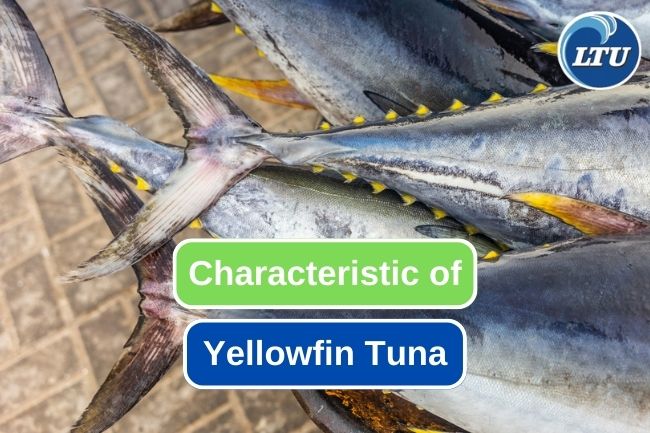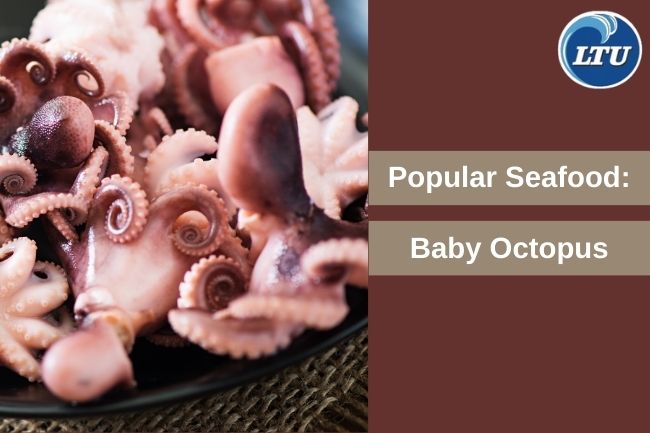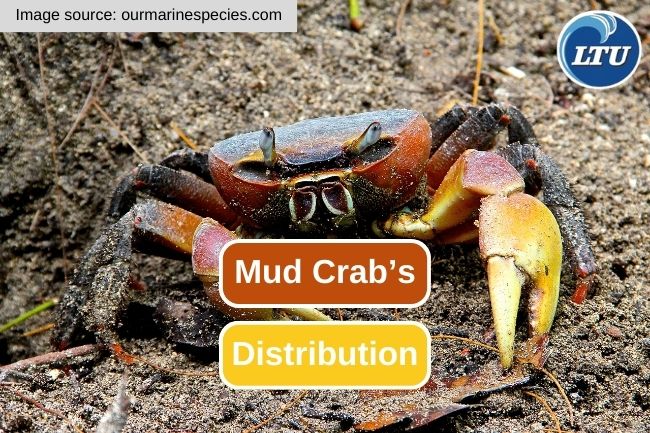Get to know about 7 Characteristics of Yellowfin Tuna
By. Nevanda - 03 Aug 2023
lauttimur.com - Yellowfin tuna is one of the pelagic fish species that attracts the attention of many people in the world of fisheries and seafood. It is known for its large, cylindrical body shape and distinctive yellow dorsal fin. In addition, its amazing migration patterns and ability to swim at incredible speeds have made it one of the fastest fish in the ocean.
In this article, we will explore the main characteristics of yellowfin tuna, its habitat, foraging habits, and its important role in the fishing industry. Let's take a closer look at its incredible beauty and uniqueness. Here are the features and characteristics of yellowfin tuna:
Read also: How to Make Delicious Shrimp Tempura
1. Shape and Size
Yellowfin tuna has a large, cylindrical, torpedo-shaped body with a slightly pointed head. It can reach about 1-2 meters in length, and can weigh up to several hundred kilograms.
2. Yellowfin
The name "yellowfin tuna" refers to the distinctive feature of this fish, which is its yellow fins on its back. In addition, this fish has distinctive vertical stripes on its sides that are silvery to bluish in color.
3. Scales
Yellowfin tuna has small scales and is tightly covered with its skin.
4. Swimming Speed and Skill
Yellowfin tuna are very fast and agile pelagic fish. They are able to swim at high speeds, even more than 75 km/h, making them one of the fastest fish in the sea.
Read also: Simple Recipe to Make Grilled Squid at Home
5. Habitat
Yellowfin tuna can be found in tropical and subtropical waters around the world. They generally live in deeper waters, but often stay near the surface when hunting for food.
6. Migration Patterns
Yellowfin tuna tend to move in large groups and migrate long distances in search of food. They also often stay near floating objects such as shipwrecks or logs, where plankton and a variety of small fish congregate for food.
7. Diet
Yellowfin tuna are carnivorous and prey on a variety of small fish, squid, shrimp and other crustaceans.
Yellowfin tuna is one of the most economically important tuna species and plays a considerable role in the fishing industry and seafood industry. Therefore, we must continue to strive for sustainable fishing so that this fish continues to grow in population.
Read also: Take a Look at Canned Tuna Making Process








